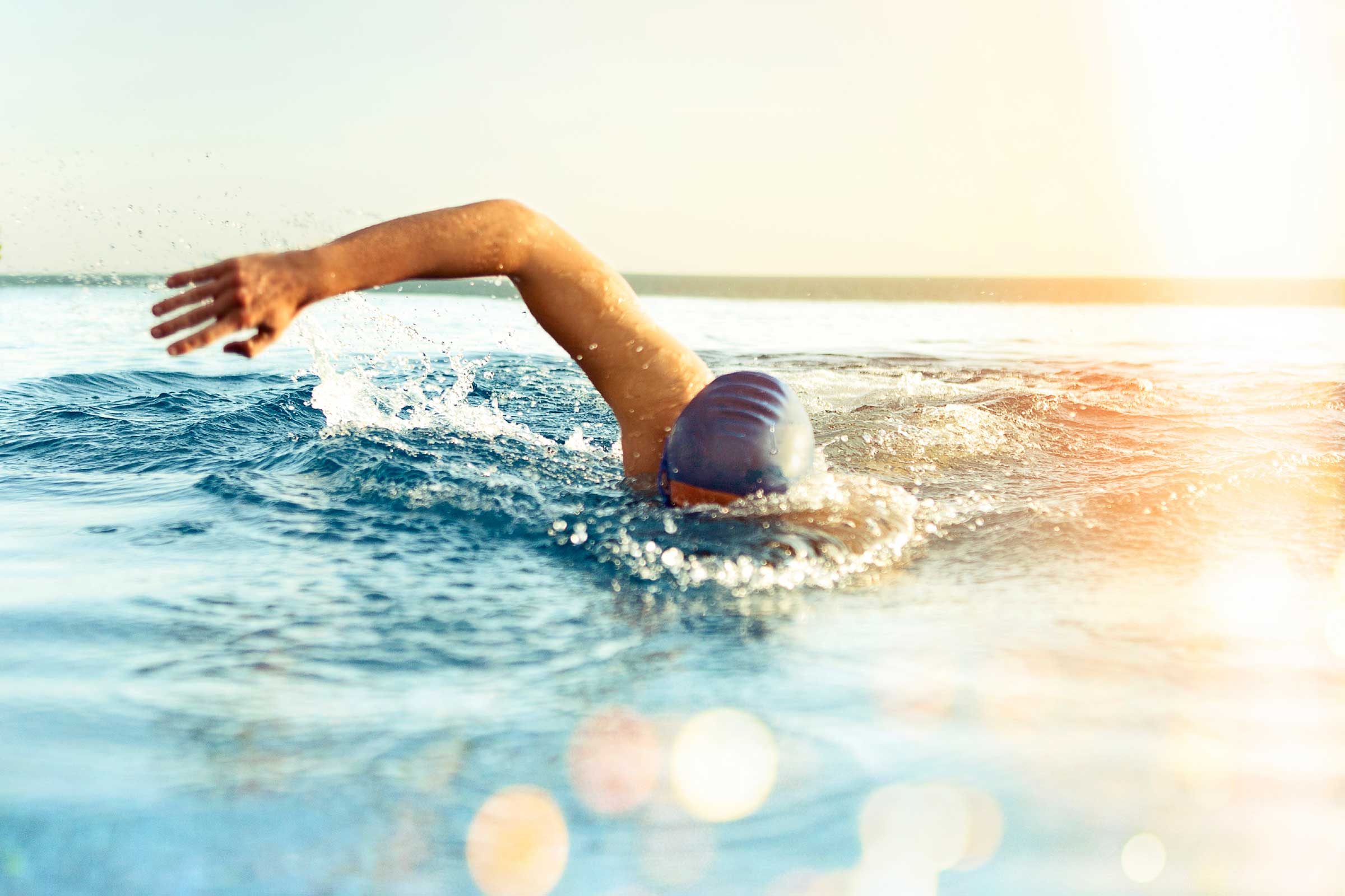
Why do our fingers and toes prune up when we swim?
To better handle wet objects. Researchers at Newcastle University found that subjects with pruney fingers could transfer wet marbles between two containers significantly quicker than subjects without. On the other hand, pruney fingers added no advantage to transferring dry marbles.
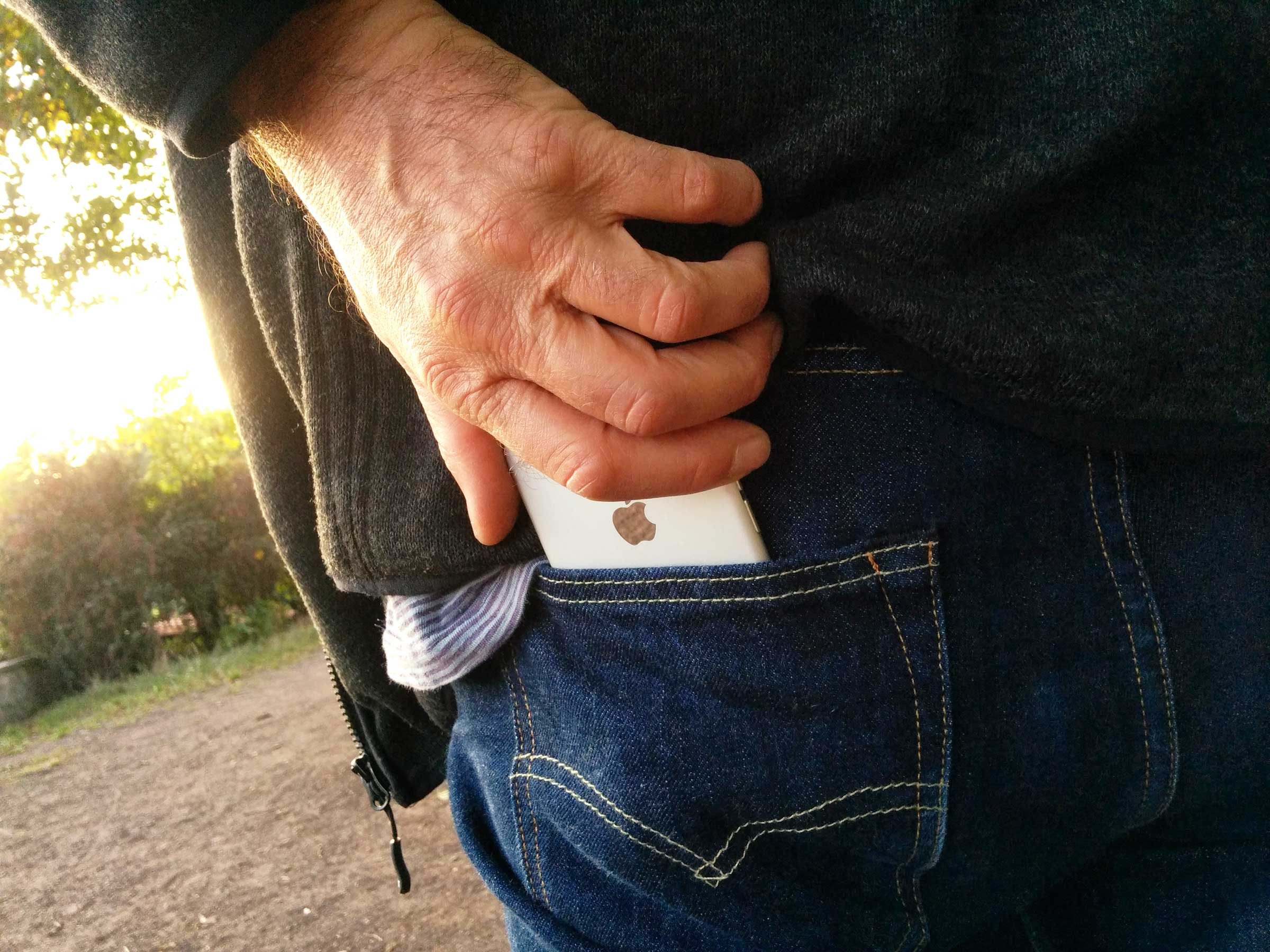
Why do we get phantom phone vibrations?
Because we’re expecting a call. In a study at an academic medical center in Massachusetts, 68 percent of mobile phone users reported feeling vibrations from time to time even though their phones weren’t actually vibrating (or, in some cases, with them at all). These ghostly vibrations are merely hallucinations based on prior experience, in which the same areas of the brain’s sensory centers are activated as when we feel a true vibration. Similar to when you’re “pretend” tickled, the brain tricks itself into a feeling based on expectation.
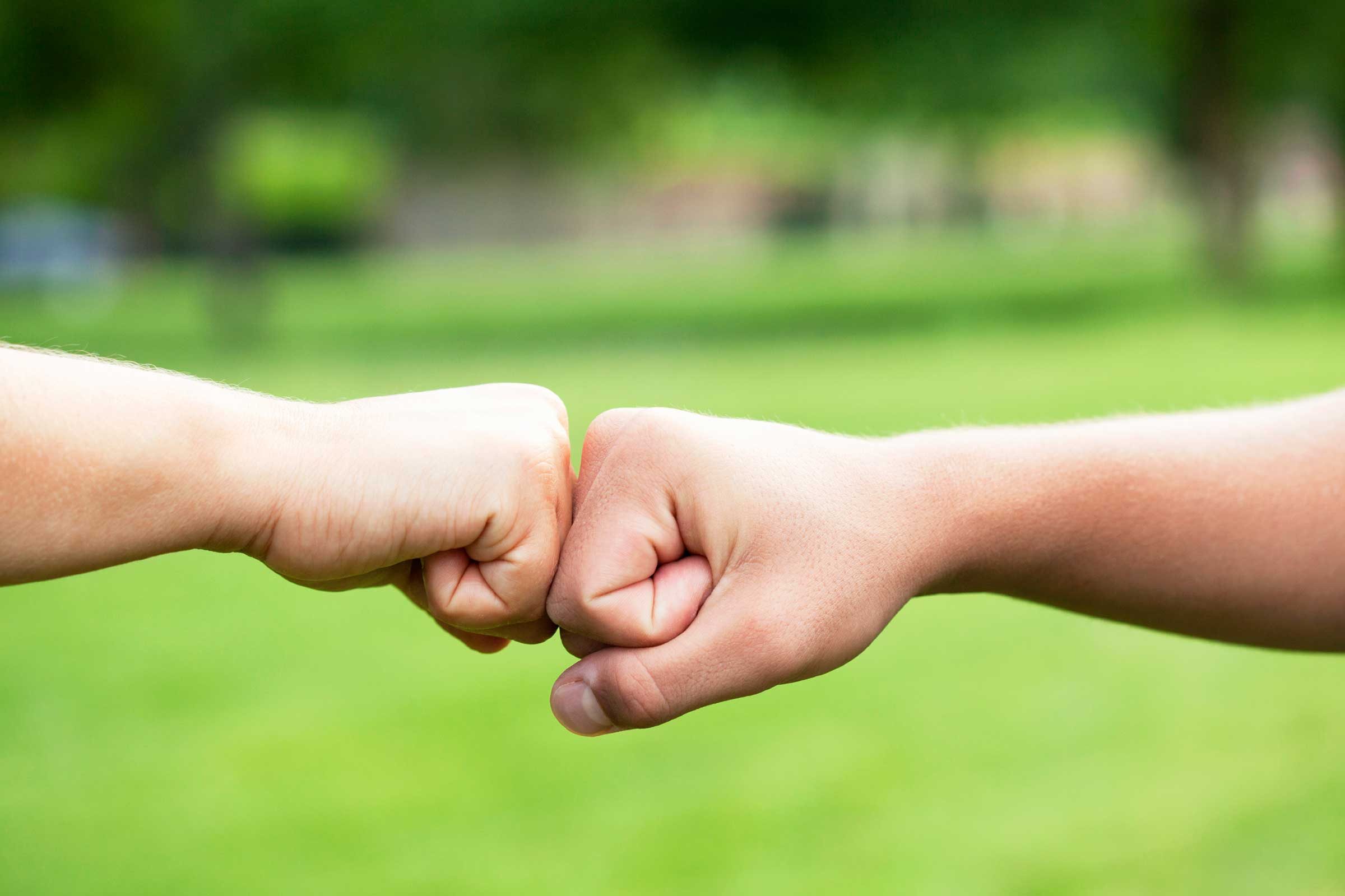
Why do athletes fist bump so much?
Because touch makes a team stronger. In a UC Berkeley study of NBA teams during the 2008–2009 season, researchers saw that players and teams who engaged in celebratory touches (fist bumps, high tens, etc.) after successful shots early in the season performed noticeably better later in the season. To put it bluntly: Winning teams spend more time touching than losing teams.

Can touch help you land a job?
Yes—and you don’t even need to be in the same room as your interviewer to take advantage. In one study, passersby were asked to rate a single job applicant by reading a résumé attached either to a light clipboard (about the weight of a soup can) or a heavy one (about the weight of a laptop computer). Subjects rated Mr. Heavy Clipboard considerably better and more interested in the job than Mr. Flimsy, despite the identical résumés.
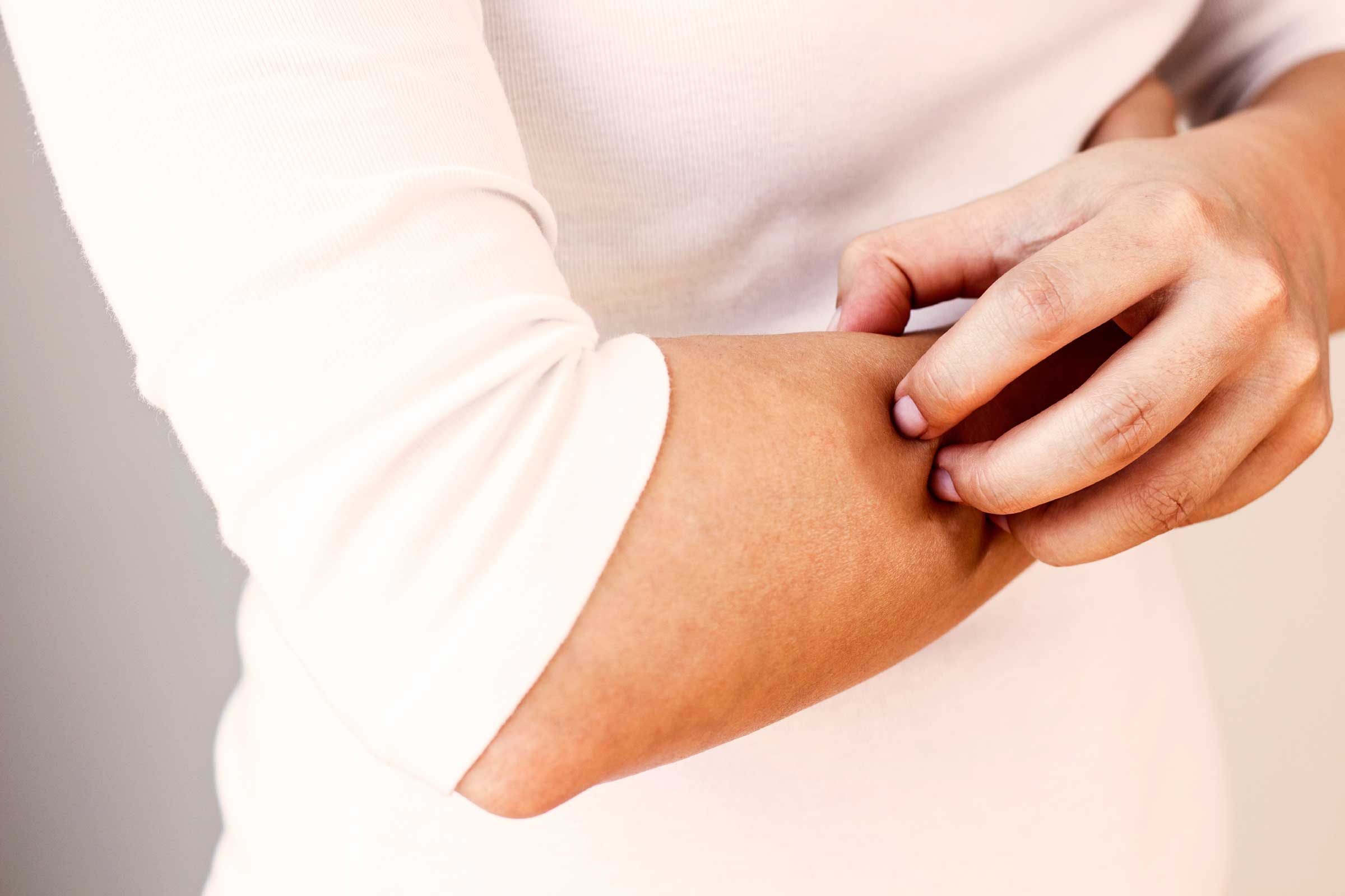
Why does scratching an itch feel so good?
Because even pain is preferable to an itch. One theory is that wherever we scratch, it creates a slight pain sensation in our brains that competes with the itch sensation, thereby reducing it. The more we scratch, the more the itch is overshadowed.
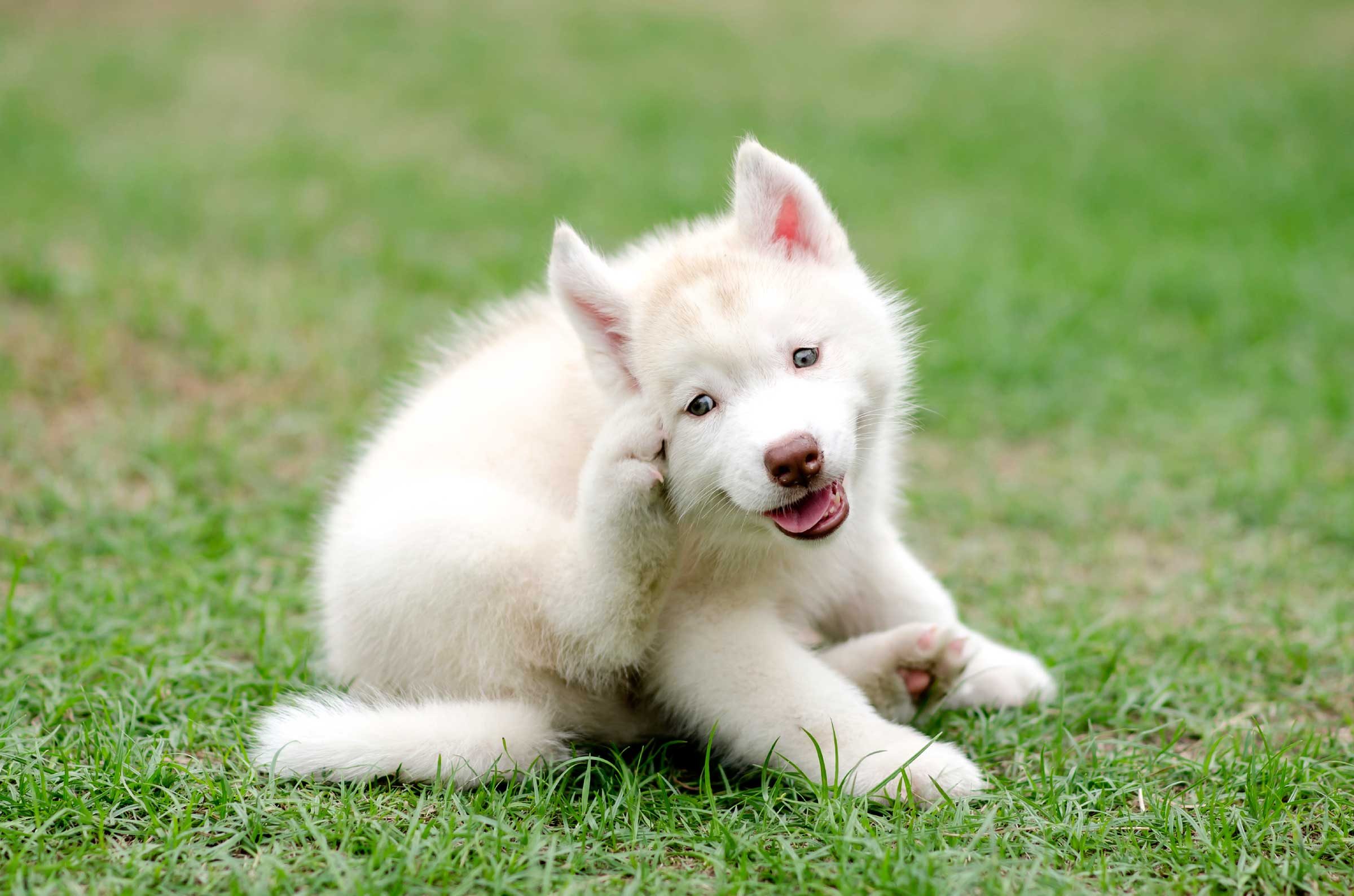
Ok, but why is scratching so contagious?
It’s probably part of our disease-fighting instinct. If you notice someone near you scratching, your brain intuitively wonders whether you are being exposed to the same unpleasant insect, bacteria, etc., that that person is. It’s adaptive for you to feel a sympathy itch (whether or not there’s anything dangerous there) and scratch away.
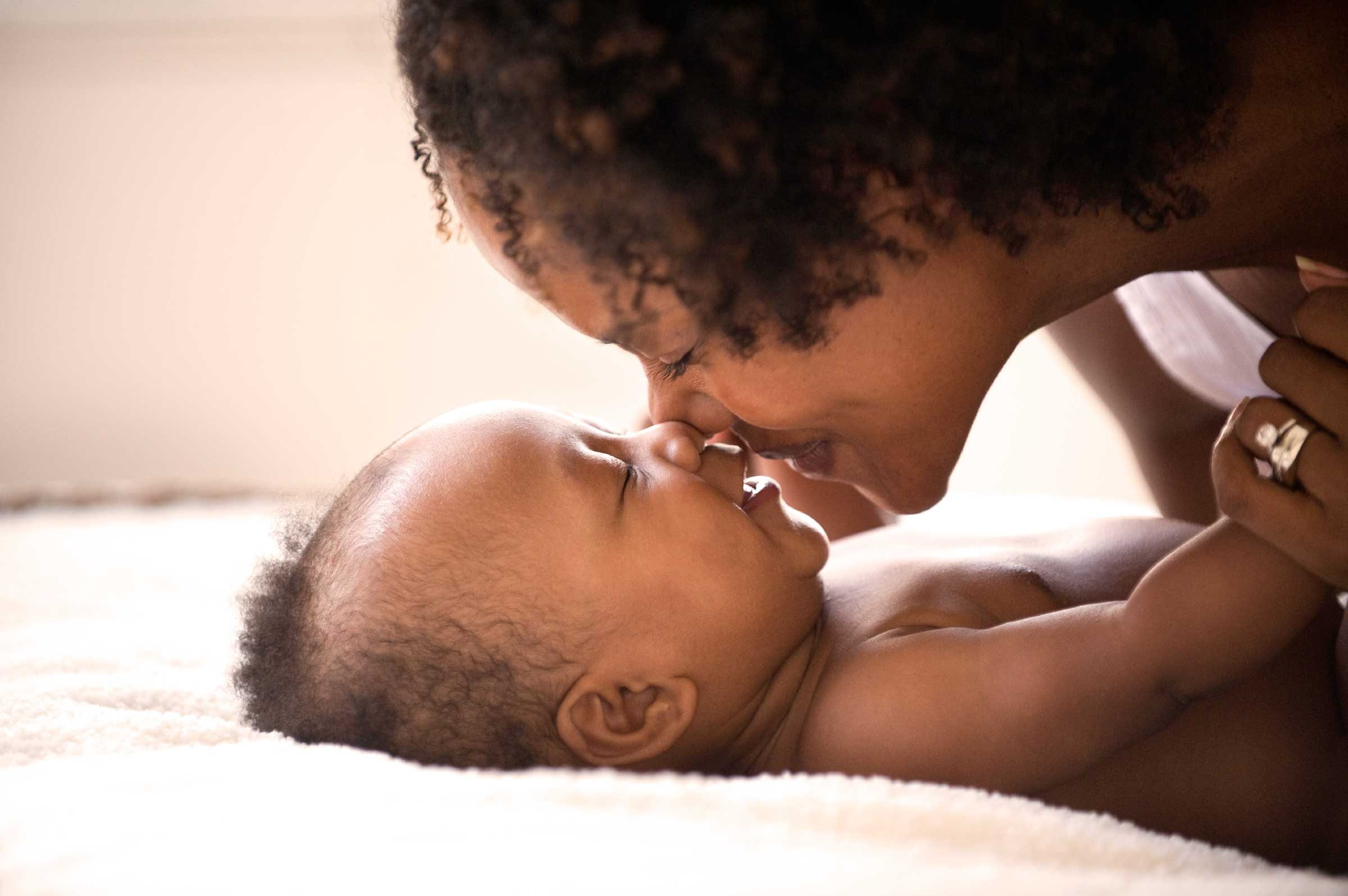
Can human contact literally save your life?
In a way, yes. Touch may be the first sense we develop in utero, and it remains important throughout our lives. Studies show that prolonged touch deprivation in infants (for example, babies in understaffed orphanages or preemies in incubator isolation) can result in stunted growth and poor immune systems right away, plus significantly higher rates of heart disease, obesity, and type 2 diabetes in adulthood.